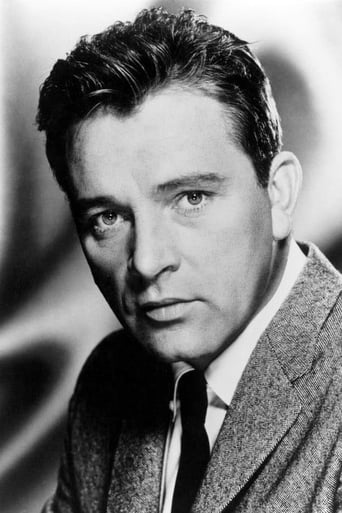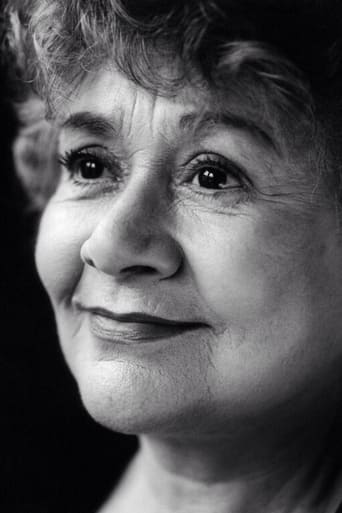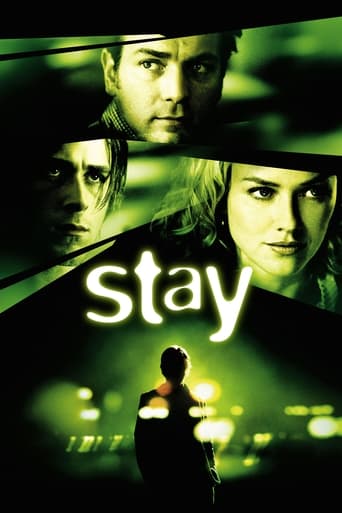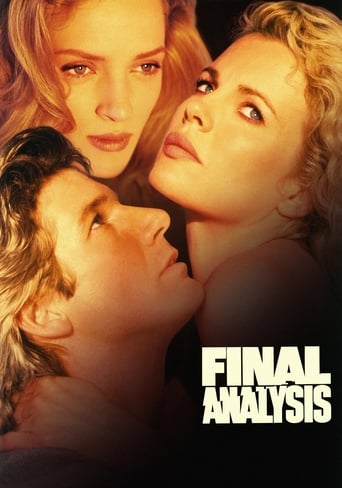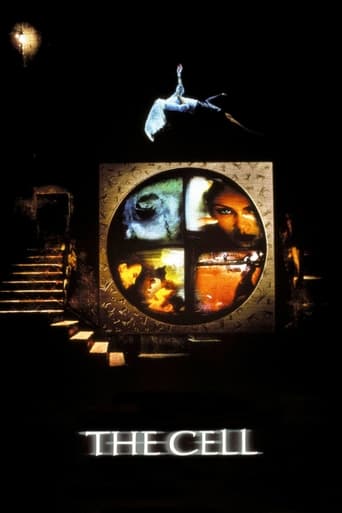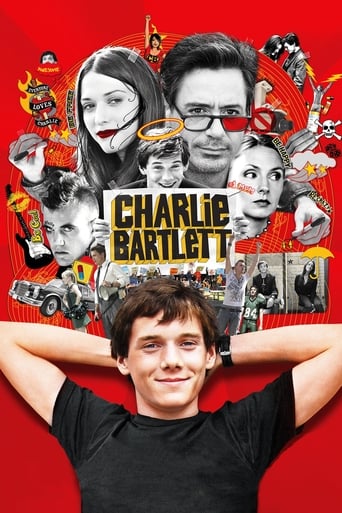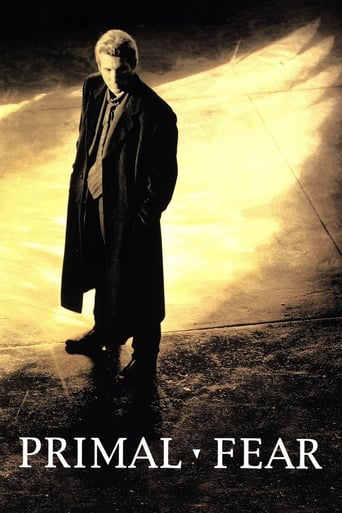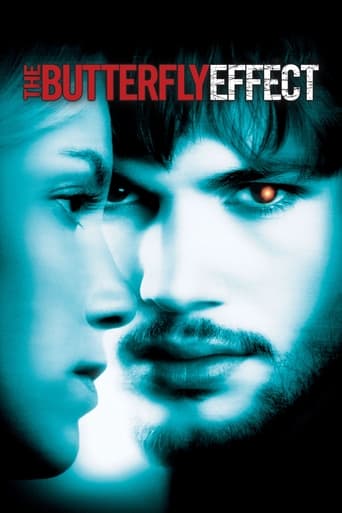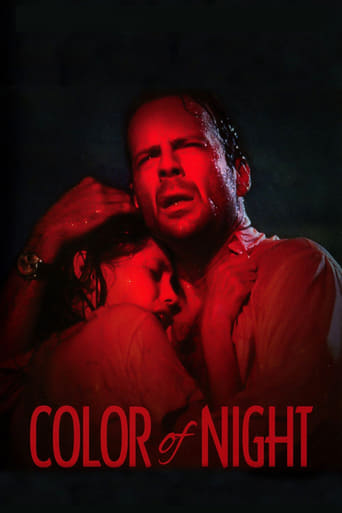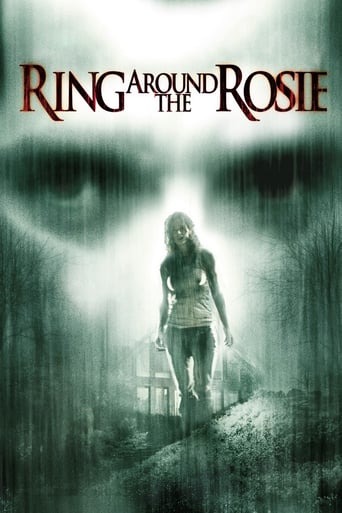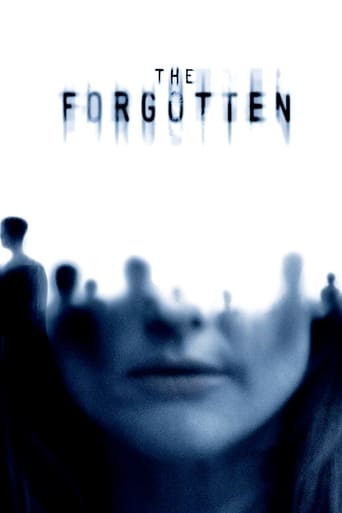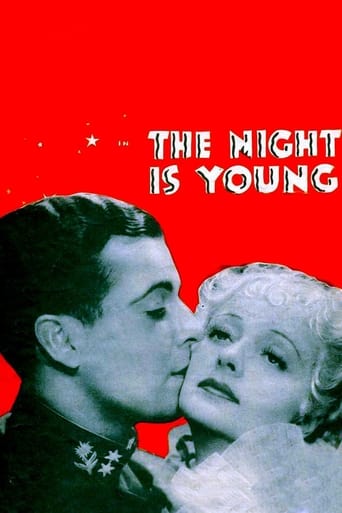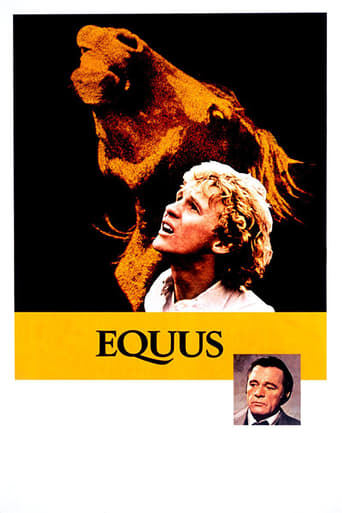

Equus (1977)
A psychiatrist, Martin Dysart, investigates the savage blinding of six horses with a metal spike in a stable in Hampshire, England. The atrocity was committed by an unassuming seventeen-year-old stable boy named Alan Strang, the only son of an opinionated but inwardly-timid father and a genteel, religious mother. As Dysart exposes the truths behind the boy's demons, he finds himself face-to-face with his own.
Watch Trailer
Cast


Similar titles
Reviews
I knew the theater play but had never heard of this movie adaptation. What a great surprise. Sidney Lumet is such a talented director and proves it again with this very intense movie. Richard Burton is incredible and the relationship between the doctor and the "sick" boy is really captivating and moving. All the oniric scenes are wonderful, filled with beauty ans melancholy. It does the effect of a beautiful nightmare. Is it better to be crazy or to live a life without passion ?
one of Richard Burton splendid roles. the convincing performance of Peter Firth. a good play. short, one of movies who remains a web of questions, emotions, stains of feelings because it is a kind of descent in yourself. sure, many critics , result of nostalgia for play adaptation on stage. but it is not a version. only a precise film inspired by the Schaffer universe. the director does an admirable work first for refuse of confrontation with the text. it is a splendid exploration of details and a fight between two manners to discover life. it is a precise construction using few extraordinaries images. a film about lost and axis of life, about values and need to escape from a fake image of world. it is necessary to see it. not only for acting - it is beautiful at whole. not for subject - it could be not new. but for the grace of details. and for the pillars- questions who can give another nuance , for two hours to an ordinary day.
I love the movies of Sidney Lumet, well most anyway, and I feel Equus while not his best film is one of his better ones. Of his movies I think Equus is his most haunting film and also one of his most bold in the subject matter and what it tries to convey. The film is beautifully and atmospherically filmed and Lumet does a superb job directing. The dialogue is intense, deep and thoughtful and the story is compelling and really quite moving too. The acting is excellent, with Richard Burton really engrossing himself into the role and Peter Firth's haunting style of acting riveting. Joan Plowright and Jenny Agutter also give fine accounts of themselves. All in all, a bold and haunting film. 10/10 Bethany Cox
Equus is a strange and challenging psychodrama that employs strange visual occurrences such as the pentimento effect and a boy who subjects himself to the relative experience of a domesticated horse. There is an extended full-frontal nude scene with two seventeen-year-olds. The crime at the heart of the story is blinding of six horses with a metal spike by one of the seventeen-year-olds, yes, the one who harnesses and whips himself to undergo what a human does to a horse. It is acted with sublime gravity by Richard Burton, Joan Plowright and Peter Firth. And Sidney Lumet tells this highly unusual and intensely deep story with his unerring directorial philosophy of concision, necessity and character fidelity.I said Equus is challenging and strange, but it's not challenging because it's strange, but because it revolves around the act of savagely brutalizing creatures so innately innocent, loyal and beautiful, in a way so tragic in its consequences for them, and yet it is done by the most unassuming youngster, actually one with an obsessive affinity for the creatures he comes to maim. It is a crime so disturbing and yet makes absolutely no apparent sense, even to Richard Burton's veteran psychiatrist, who has dedicated his life to helping and understanding children and teenagers. We begin to think it has something to do with the boy's upbringing. In a sheltered and smothering environment, as an only child on a farm, what enormity of doubt could be instilled in that growing mind when one loving parent reads to him daily from the Bible and the other loving parent disdains it? And yet his atheist father is so sheepish by nature, his deeply orthodox Christian mother so kind and civilized. She at one point urges that they've always shown love and caring for their only son and given him all they could, and desperately demands to be believed. What the hell happened in that stable? Or rather, what could've possibly led to it?It is such a deeply layered, bleakly filmed and painstakingly performed probing of a missing cause and devastating effect that the theme that seems most consistent at its core is purely juxtaposition. I mentioned the term "pentimento," and if you've seen Fred Zinnemann's great film Julia, you've heard the definition of it, how it describes the occurrence of one painting that in its alterations reveals another original painting underneath it. We find that every night for a long time, the boy had a drawing above his bed of a horse. This drawing has been reworked from the initial drawing, one of Christ on the cross. And the eye of this juxtaposed horse is what sets off the boy's deep-seated reaction to crucified Jesus. Or is that what the eye sets off? What is it about this eye that the boy feels is staring at him all night, like it's alive, like it's judging him?The motif of juxtaposition continues its odd, omniscient thread to the psychiatrist himself. As Burton brings to light the realities beneath the boy's demons, he finds himself inexorably confronting his own. The questions he directly poses to us through soliloquy converge with those buried in his disturbed patient. Why do people do such extreme things at all? What is the purpose of preventing them from doing them? Well, because they can be horrible, cruel. I personally may not be able to revisit the tasteful and shocking scene where it is finally shown on screen what this kid did to these horses. I haven't even mentioned the elements of his sexual attraction to horses, the fact that his attraction to Jenny Agutter's character is directly linked to her contact with horses. Or that he and she run into his father outside a porn theater. But can there ever be a certain explanation for this boy? The fact that Burton must hypnotize him or give him a placebo he claims to be a truth pill in order to unearth most of the boy's story is an indication that even its first-hand source isn't reliable; he is shackled by such wildly contradictory impulses that he cannot help but do these things then later has such trouble facing them that he submerges the memories.And yet, the motif of juxtaposition yet again comes full circle, because all in all, this film belongs to Burton, it is his character's story, his to augment or diminish. As the psychiatrist, hampered with a hollow, discontented life of his own submissive doing, Burton has a mere six or seven scenes, from the play's staging, breaking the fourth wall. He bookends the film, and by Lumet's haunting closing shot (a sort of inverted version of his disquieting final long shot in Long Day's Journey Into Night), the camera punctuates the film by tightening not on the eyes of a horse, nor the eyes of Peter Firth, but on Richard Burton's. Encumbered by Lumet's somber, austere London atmosphere, Schaffer's story is an unprecedented and harrowing revelation of how many meaningful layers there are to a meaningless existence. Next time we hear about one person's shocking, unforgivable crime, we may not only say they deserve to go to prison for life or they deserve to die, but that maybe they endowed themselves with significance in the only way they knew how.


